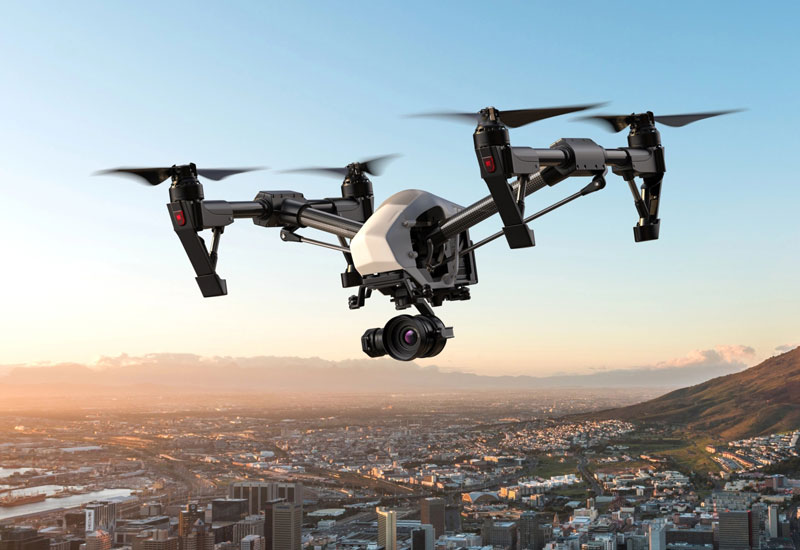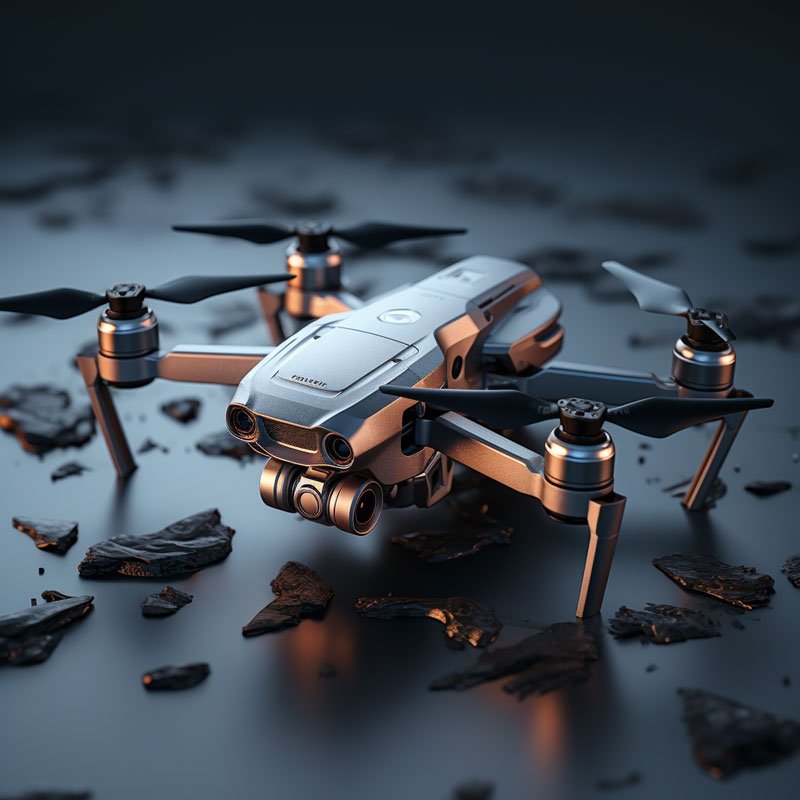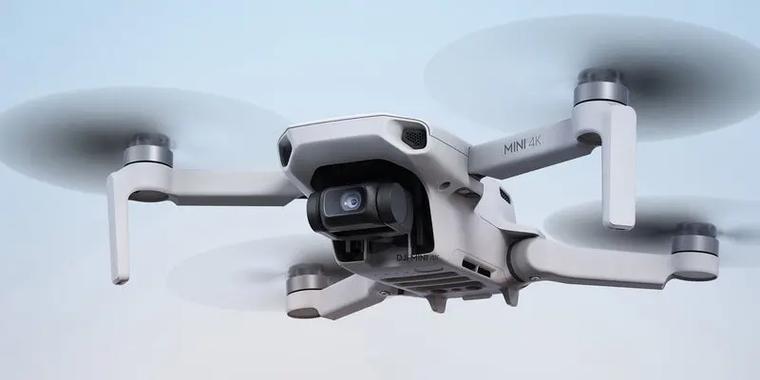To prepare for the exam, aspiring pilots should familiarize themselves with airspace classifications, weather effects on UAV operations, specific drone laws, and flight safety procedures. There are numerous resources and courses available online that cater specifically to these topics, helping candidates thoroughly prepare for their exams. Courses often include practice tests, video tutorials, and expert support to ensure a comprehensive grasp of the subject matter.

Why a Drone Licence is Beneficial
Holding a drone licence provides numerous advantages beyond complying with regulations. It enhances the trust of potential clients in commercial scenarios, improving your business prospects within industries such as real estate, agriculture, and media. Furthermore, it significantly raises the safety standards of your operations, reducing the risk of accidents or legal issues stemming from improper drone usage. Licensed pilots can access restricted airspace for particular operations, enabling them to complete complex tasks that unlicensed pilots cannot.
Steps to Obtain Your Drone Licence: An Overview
- Research and understand your country’s specific requirements and regulations regarding UAV operations.
- Enroll in courses that offer comprehensive coverage of necessary topics for your licence apart from just the theoretical knowledge.
- Schedule and pass any requisite exams, such as the FAA Part 107 for U.S. aspirants.
- Practice hands-on drone flying to enhance proficiency and ensure safe flight operations.
- Regularly update your knowledge to comply with changing laws and technologies in the drone industry.

Frequently Asked Questions
Do I need a drone licence for recreational flying? In many countries, recreational drone pilots are not required to hold a formal licence but must adhere to specific guidelines such as keeping drones under a certain altitude and avoiding restricted areas. However, it’s always advisable to stay informed about your local regulations.
What happens if I don’t have a drone licence but fly commercially? Operating a drone commercially without a licence can lead to severe penalties, including fines and potential legal action. Always ensure you have the appropriate certification and comply with regulations to avoid such risks.
Operating a drone commercially without a licence can lead to severe penalties, including fines and potential legal action. Always ensure you have the appropriate certification and comply with regulations to avoid such risks.
How long is a drone licence valid? The validity of a drone licence depends on the issuing authority. For example, the FAA’s Remote Pilot Certificate for commercial drone pilots remains current for 24 months; pilots should check for updates and will typically need to pass recurring tests to maintain their certification.
